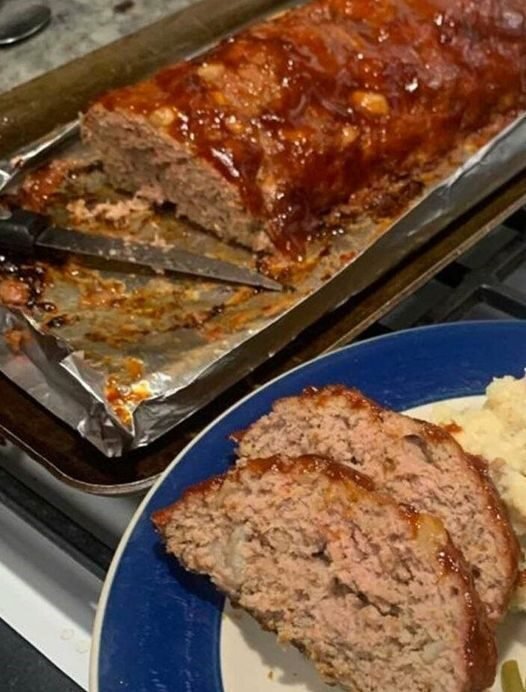Gut Health:
Plant-based diets are often associated with improved gut health due to the high fiber content from fruits, vegetables, and whole grains. A healthy gut microbiome is linked to better digestion and overall well-being.
Anti-Inflammatory Properties:
Many plant-based foods have anti-inflammatory properties, which can help in reducing inflammation in the body. Chronic inflammation is associated with various health issues, and a vegan diet may contribute to its prevention.
Sports Performance:
Contrary to the misconception that vegan diets lack protein, many successful athletes follow plant-based diets to enhance their performance. Plant-based proteins can support muscle building and recovery.
Reduced Risk of Foodborne Illnesses:
Plant-based diets eliminate the risk of foodborne illnesses associated with the consumption of undercooked or contaminated animal products.
Economic Impact:
A vegan diet can be more economical as plant-based protein sources tend to be cost-effective compared to some animal products. It may be a budget-friendly option for individuals or families.
Mindful Eating:
Adopting a vegan lifestyle often promotes mindful eating. Being more conscious of food choices and sources can lead to a healthier relationship with food and a greater appreciation for the environmental impact of dietary decisions.
Preservation of Biodiversity:
The expansion of animal agriculture often leads to habitat destruction and loss of biodiversity. Choosing a vegan diet supports the preservation of ecosystems and the protection of various species.
Culinary Diversity:
Veganism introduces individuals to a diverse range of cuisines and ingredients from around the world. Exploring plant-based cooking can be a culinary adventure, embracing flavors and techniques from different cultures.
Reduced Antibiotic Resistance:
The use of antibiotics in animal farming contributes to the rise of antibiotic-resistant bacteria. Opting for a vegan diet can be a way to reduce the demand for such practices and promote responsible antibiotic use.
Cruelty-Free Beauty and Personal Care:
Veganism extends to beauty and personal care products. Choosing cruelty-free, vegan alternatives ensures that your lifestyle aligns with ethical choices beyond just dietary preferences.
Creating a wholesome, plant-based alternative to the classic meatloaf, this vegan Skinny Meatloaf recipe brings together a harmonious blend of nutritious ingredients that not only satisfy your taste buds but also align with a health-conscious lifestyle. The star of this dish is a hearty combination of cooked lentils, rolled oats, and a medley of finely grated carrots, chopped mushrooms, onion, and garlic, providing a rich tapestry of flavors and textures. Elevating the umami quotient are additions of tomato paste and soy sauce, infusing depth into every bite.
To bind the ingredients together and enhance the nutritional profile, a flaxseed meal “egg” mixture acts as a vegan-friendly alternative. This not only imparts a desirable consistency to the meatloaf but also adds a dose of healthy omega-3 fatty acids. The aromatic presence of dried thyme and oregano further elevates the overall flavor profile, while salt and pepper allow you to tailor the seasoning to your liking.
The crowning glory of this vegan delight is its luscious glaze, combining ketchup, maple syrup, and balsamic vinegar. This sweet and tangy concoction not only imparts a glossy finish but also introduces a burst of complementary flavors that perfectly accentuate the savory notes of the meatloaf. As this plant-based masterpiece bakes to golden perfection in the oven, the enticing aroma will beckon you to the table.
Once out of the oven, let the vegan Skinny Meatloaf rest briefly before slicing into delectable portions. Each slice promises a guilt-free indulgence, delivering a satisfying texture and robust flavor that belies its “skinny” nature. For an extra touch, serve the slices with a side of the reserved glaze, offering a delightful contrast and an additional burst of flavor. This vegan Skinny Meatloaf is not only a celebration of plant-based goodness but also a testament to the notion that health-conscious choices can be both delicious and fulfilling.
vegan Skinny Meatloaf

This delicious Skinny Meatloaf recipe is a great way to enjoy classic comfort food without all of the calories and fat. The result is a hearty and healthy meal that the whole family will love.
Ingredients:
For the “Meatloaf”:
- 1 cup lentils, cooked and drained
- 1 cup rolled oats
- 1 cup grated carrots
- 1 cup finely chopped mushrooms
- 1/2 cup finely chopped onion
- 3 cloves garlic, minced
- 1/4 cup tomato paste
- 2 tablespoons soy sauce
- 1 tablespoon flaxseed meal (mixed with 3 tablespoons water, let sit for 5 minutes)
- 1 teaspoon dried thyme
- 1 teaspoon dried oregano
- Salt and pepper to taste
For the Glaze:
- 1/4 cup ketchup
- 2 tablespoons maple syrup
- 1 tablespoon balsamic vinegar
Instructions:
- Preheat your oven to 375°F (190°C).
- In a food processor, combine the cooked lentils, rolled oats, grated carrots, mushrooms, onion, garlic, tomato paste, soy sauce, flaxseed meal mixture, thyme, oregano, salt, and pepper. Pulse until the mixture is well combined but still has some texture.
- Transfer the mixture to a bowl and shape it into a loaf on a lined baking sheet.
- In a small bowl, whisk together the ketchup, maple syrup, and balsamic vinegar to create the glaze.
- Brush the glaze over the top of the meatloaf, reserving some for later.
- Bake the meatloaf in the preheated oven for 40-45 minutes, or until it’s firm and golden brown.
- Remove the meatloaf from the oven and let it cool for a few minutes before slicing.
- Serve the vegan Skinny Meatloaf slices with the remaining glaze on the side.
Enjoy your delicious vegan Skinny Meatloaf! You can also customize the recipe by adding your favorite herbs, spices, or vegetables.
